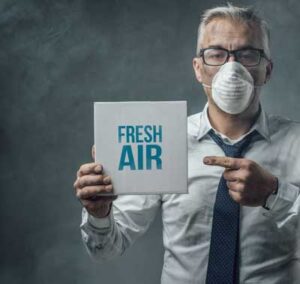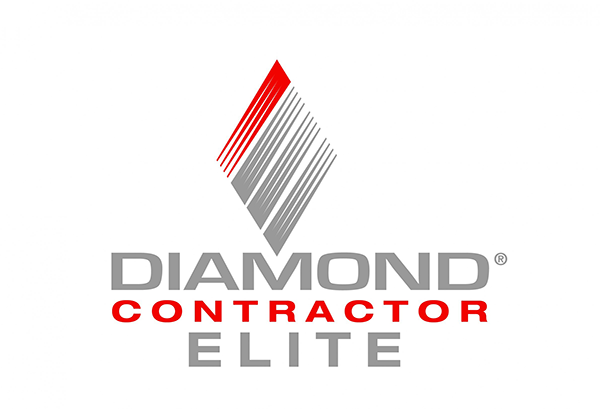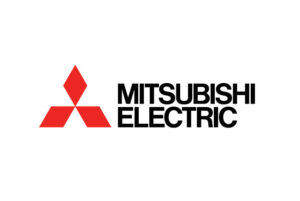Heat Pumps: Expectation vs. Reality
When it comes to buying a new home comfort system, there are countless factors to consider. Not only do you need to keep in mind things like your budget and the size of your home, but you also have to take into account how much energy each type of system uses. You may have heard that heat pumps are more efficient than air conditioners and, therefore, better for the environment, but is this actually true? In this article, we’ll explore some common misconceptions about heat pumps so you can make an educated decision about what kind of system is best for your home.
Expectation – Heat pumps are more energy efficient than air conditioners.
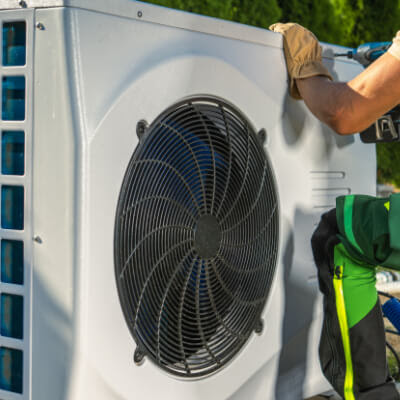
Reality – Not all heat pumps are equally efficient.
Heat pumps are rated by SEER (seasonal energy efficiency ratio) and HSPF (heating seasonal performance factor). SEER is the most important rating to consider when buying a new heat pump; it measures how much cooling you can expect from your system over time based on its design and efficiency. The higher the number, the more efficient your system will be at transferring heat into your home or business–and thus, less expensive to operate over time.
HSPF is also essential in some climates; it measures how much heating capacity you can expect from your system under certain conditions, typically 30 degrees Fahrenheit outside temperature with no wind chill or precipitation present, in order for this test data to apply accurately as a general rule of thumb when determining if installing new weatherization devices like window treatments (blinds/shades), insulation upgrades etcetera might help reduce monthly utility bills even further than switching out old inefficient equipment such as refrigerators/freezers with newer models made using modern materials that require less electricity consumption during operation times.”
Expectation – Heat pumps have a longer life than the average furnace or air conditioner.
If you have a heat pump, you may think it’s the perfect solution for your home. Heat pumps are more efficient than air conditioners and can be more cost-effective in the long run. But there are other benefits to owning one as well:
- They have a longer life than the average furnace or air conditioner.
- Heat pumps don’t need much maintenance because they’re self-contained units that work automatically to keep you warm in winter and cool during summer months.
Reality – Heat pump life depends on where you live, how it’s maintained, and many other factors.
In reality, heat pumps are not as efficient as you might expect. Heat pump life depends on many factors, including:
- Where you live. In warmer climates, heat pumps are more efficient than in colder climates. This makes sense because it’s easier for the compressor to move air when it’s warm outside than when it’s cold outside! So if you live in an area where it gets below freezing during the winter months (like me), then your heat pump will likely not last as long as someone who lives somewhere with milder winters like Florida or California – even though both states have hot summers too!
- How well maintained your home is kept up over time; whether or not there is adequate insulation; whether or not leaks have been patched up properly – these things all contribute towards how well-maintained your system needs to be before we can give an accurate estimate of its longevity based on our experience working with these systems every day here at Aire Serv Co Inc., so make sure that if there are any problems with leaking pipes under floors etcetera ad nauseam then call us today so we can fix them before they become serious problems down the road!
Expectation – Heat pumps don’t need a lot of maintenance.
Heat pumps require regular maintenance to keep them running. They must be maintained every 2-3 years and inspected by a professional every year. You can make sure your heat pump is working correctly by performing these simple tasks yourself:
- Check the condenser coils for debris, dirt, or leaves that could be blocking airflow and causing problems with efficiency or performance.
- Check electrical connections for damage or corrosion; replace any damaged parts as needed (for example, if you notice water dripping from the compressor).
Reality – Regular maintenance is required to keep your heat pump running continuously.
As a homeowner, you may have come to expect that your heat pump will continue running without any problems. This is not the case. Regular maintenance is required to keep your heat pump running continuously.
Regular maintenance is also required to keep your heat pump running efficiently, safely, and quietly. Heat pumps are designed with internal components that wear out over time due to use and exposure to elements such as dust and dirt particles, which can cause blockages in air ducts or filters, leading them not to work correctly anymore if left unattended for too long!
Expectation – When paired with an air handler, heat pumps can heat and cool your home at the same time.
When paired with an air handler, heat pumps can heat and cool your home at the same time.
Air handlers are devices that move air through a home. They are used in both heating and cooling systems to move heated or cooled air through the home.
Reality – Air handlers boost efficiency and can help improve heating for heat pumps in cold climates, but they aren’t absolutely necessary for heat pump operation.
Air handlers are not absolutely necessary for heat pump operation, but they can help improve heating in cold climates. Air handlers boost the efficiency, comfort, and durability of your system by providing stable airflow through the ductwork inside the home. This can improve heating performance in cold climates and make your home feel better all year round.
Air handlers are especially helpful if you have an older or less efficient unit installed before 2010 because they use less energy than standard wall-mounted residential furnaces or baseboard radiators to move air through your HVAC system’s ductwork–and that means fewer dollars spent on utility bills each month!
Expectation – The most important thing to consider when buying a heat pump is its SEER rating.
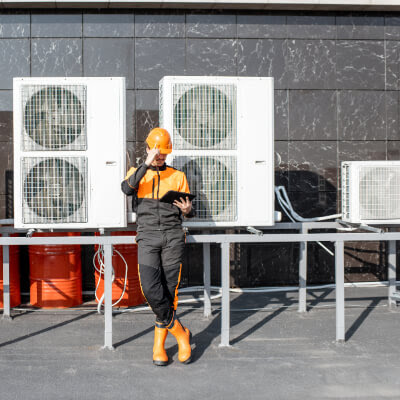
The SEER and HSPF ratings are both ways of measuring how efficient a particular model is at converting energy into heat for your home. The higher the number on these metrics, the better your investment will be in terms of long-term savings on utility bills and environmental impact. But don’t worry–we’ll explain all this in more detail below!
Reality – SEER ratings are essential, but HSPF ratings are equally important during the winter months when your heat pump will be running in heating mode.
The SEER rating is essential for cooling, but the HSPF rating is equally as necessary during the winter months when your heat pump will be running in heating mode. The SEER rating only shows how well a unit can cool and does not take into consideration how efficient it will be at converting electricity into heat. The HSPF (heating season performance factor) measures how well a heat pump performs over time by calculating its actual output compared to what it could produce based on its input energy use. This means that even though one unit may have a higher SEER rating than another, if they both have similar HSPF ratings, then you’ll get more bang for your buck since they’ll both use less electricity while producing equal amounts of heat!
Make Informed Decisions with Accurate Info
The truth about heat pumps is that they are not always more efficient than air conditioners. They also require regular maintenance, which can be costly.
Heat pumps are an excellent option for your home comfort system if you live in a climate where heating and cooling needs vary throughout the year, such as here in Northern California. Heat pumps can provide both heating and cooling to your home at an affordable price, but they do require regular maintenance to keep running efficiently.
Conclusion
Heat pumps are an impressive technology. They can help you save money on your utility bills and reduce your carbon footprint by using less energy than traditional heating systems. But as with any piece of equipment, there are some things you need to know before jumping in headfirst. Hopefully, this article has helped clear up some common misconceptions about heat pumps so that you can make an informed decision about whether one is suitable for your home!
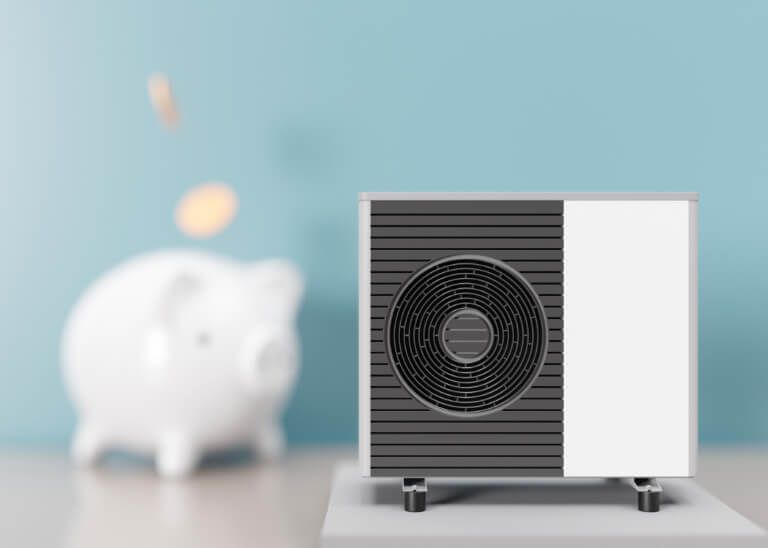
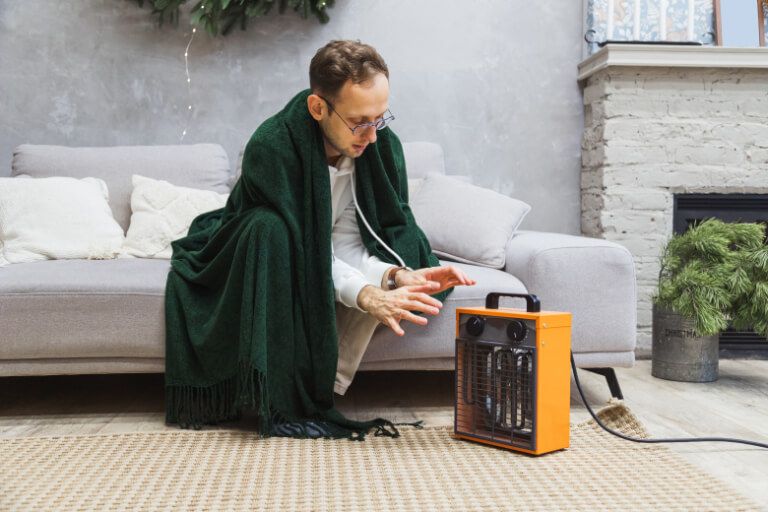
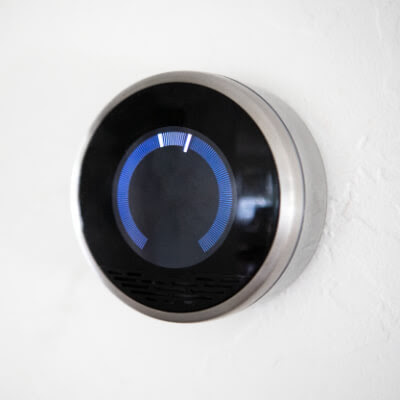 If your heater is on the fritz, it’s time to call a professional. A broken heater can be dangerous and uncomfortable, but a tuned-up unit will keep you warm and cozy all winter long. Here are some signs that indicate when it’s time to get your heater serviced or repaired:
If your heater is on the fritz, it’s time to call a professional. A broken heater can be dangerous and uncomfortable, but a tuned-up unit will keep you warm and cozy all winter long. Here are some signs that indicate when it’s time to get your heater serviced or repaired: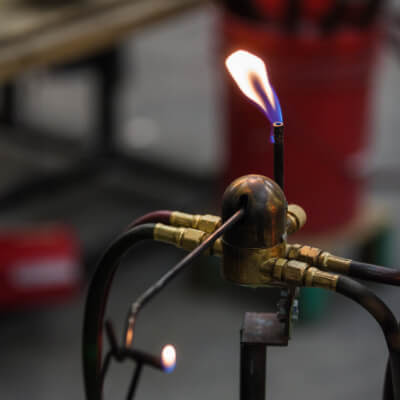 If you notice that your pilot light is yellow rather than blue, this could be a sign that the thermocouple needs to be replaced. The pilot light serves as a safety feature and should only be dimmed if there is an issue with the thermostat or heating elements.
If you notice that your pilot light is yellow rather than blue, this could be a sign that the thermocouple needs to be replaced. The pilot light serves as a safety feature and should only be dimmed if there is an issue with the thermostat or heating elements. A Heater Tune-Up Can Save you Money.
A Heater Tune-Up Can Save you Money.
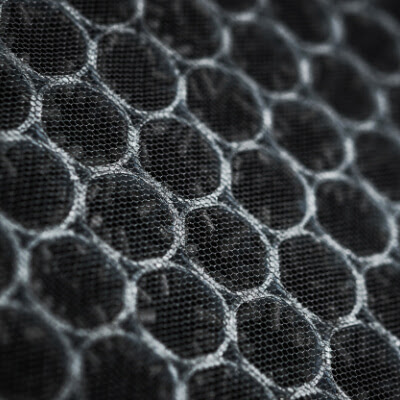 So much depends on maintaining excellent indoor air quality: your health, hygiene, wellness, and comfort all hinge on this one important and often overlooked system. Unfortunately, it can be particularly challenging to keep your IAQI (indoor air quality index) at acceptable numbers in the winter due to a number of factors. Even in California, where “winter” is usually not the snowy, frozen mess that we often associate with the season, there are still drops in temperature and air quality that can pose a problem in the later months. In this article, you’ll learn how to boost your indoor air quality between professional visits with three tips from the experts at Elevated Comfort. But first, let’s explore the reasons that air quality changes from one season to the next.
So much depends on maintaining excellent indoor air quality: your health, hygiene, wellness, and comfort all hinge on this one important and often overlooked system. Unfortunately, it can be particularly challenging to keep your IAQI (indoor air quality index) at acceptable numbers in the winter due to a number of factors. Even in California, where “winter” is usually not the snowy, frozen mess that we often associate with the season, there are still drops in temperature and air quality that can pose a problem in the later months. In this article, you’ll learn how to boost your indoor air quality between professional visits with three tips from the experts at Elevated Comfort. But first, let’s explore the reasons that air quality changes from one season to the next.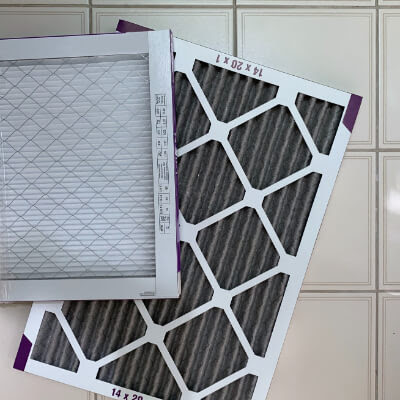 When it comes to indoor air quality HVAC professionals like the experts at Elevated Comfort can help you keep allergies and illness under control with regular maintenance procedures. Air quality companies like Elevated Comfort rely on the skills and knowledge of our air quality experts to keep our customers safe, but you learn many of the same maintenance skills on your own. The
When it comes to indoor air quality HVAC professionals like the experts at Elevated Comfort can help you keep allergies and illness under control with regular maintenance procedures. Air quality companies like Elevated Comfort rely on the skills and knowledge of our air quality experts to keep our customers safe, but you learn many of the same maintenance skills on your own. The 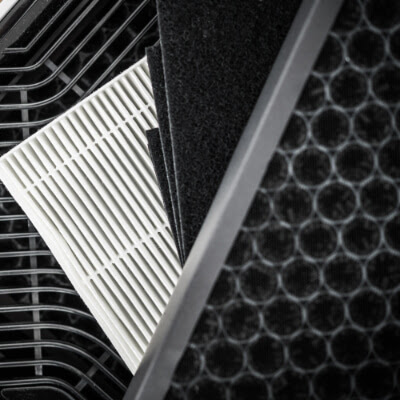 November is a great time to get your system looked over by a professional, as it’s just before the winter air quality drop. On the other side of the coin, May is Clean Air Month in the US. What better time to plan your other semi annual routine IAQ maintenance service from a provider you can trust?
November is a great time to get your system looked over by a professional, as it’s just before the winter air quality drop. On the other side of the coin, May is Clean Air Month in the US. What better time to plan your other semi annual routine IAQ maintenance service from a provider you can trust?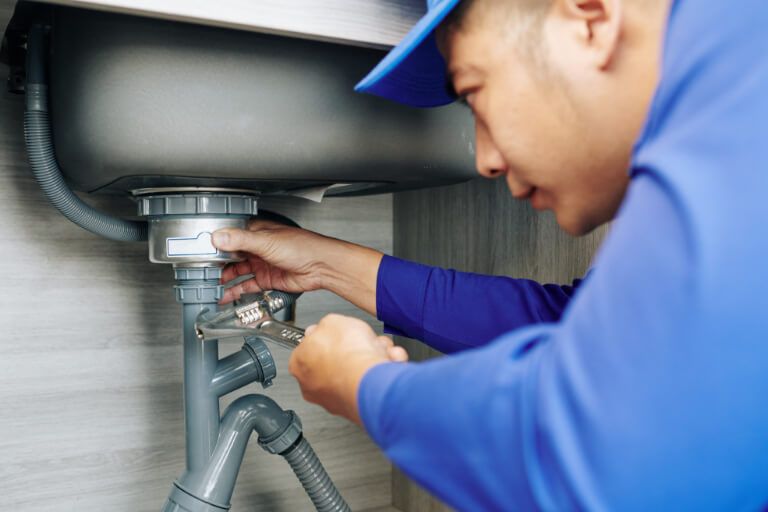
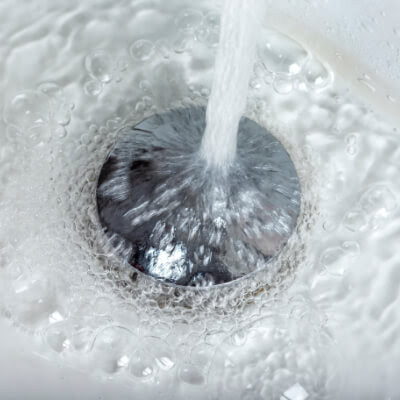 Cleaning drain lines that are completely blocked is significantly more involved than just wiping down surfaces or using chemicals to dissolve clogs. Instead of using liquid drain cleaner professional services employ a number of tools to bust blockages and clear clogs in your drains and the pipes to which they attach. Professional sewer and drain cleaning specialists may use a plumbing snake, a hydro jet, or more extreme or invasive measures if necessary (typically if a defect in the plumbing has become apparent during the drain clean out service). For example, underground drainage cleaning may be necessary if you need a sewer line repair or sewer line cleaning services. A toilet drain pipe cleaner like a snake might be necessary for sewage-related clogs while cleaning toilet drain pipes.
Cleaning drain lines that are completely blocked is significantly more involved than just wiping down surfaces or using chemicals to dissolve clogs. Instead of using liquid drain cleaner professional services employ a number of tools to bust blockages and clear clogs in your drains and the pipes to which they attach. Professional sewer and drain cleaning specialists may use a plumbing snake, a hydro jet, or more extreme or invasive measures if necessary (typically if a defect in the plumbing has become apparent during the drain clean out service). For example, underground drainage cleaning may be necessary if you need a sewer line repair or sewer line cleaning services. A toilet drain pipe cleaner like a snake might be necessary for sewage-related clogs while cleaning toilet drain pipes.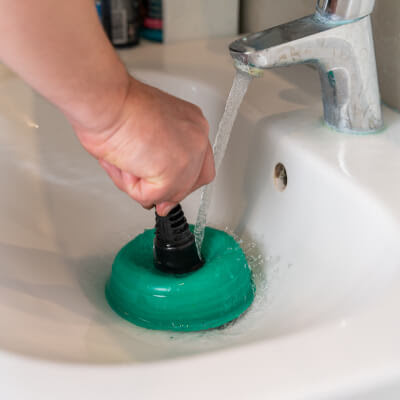 If you don’t know how to clean drain lines, how to clean house drain pipes, or how to clean a drain pipe in general, you’re not alone. Most homeowners and businesses, especially restaurants, outsource their drain pipe cleaning to pro drain plumbing companies. When considering hiring a professional for drain cleaning how to tell your drains are clogged is an important skill. Here are five signs you need professional drain cleaning.
If you don’t know how to clean drain lines, how to clean house drain pipes, or how to clean a drain pipe in general, you’re not alone. Most homeowners and businesses, especially restaurants, outsource their drain pipe cleaning to pro drain plumbing companies. When considering hiring a professional for drain cleaning how to tell your drains are clogged is an important skill. Here are five signs you need professional drain cleaning.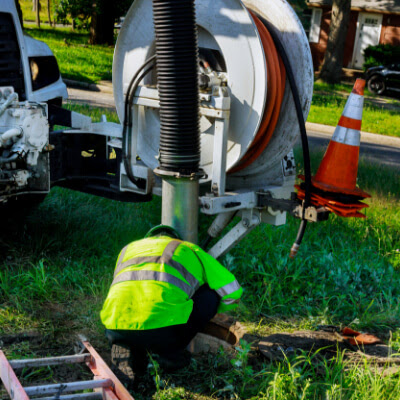 One of the leading causes of smelly pipes is food or grease that is clogging up the waste line. Waste and sewage can build up in plumbing lines as well, forcing a pungent odor into your home. These smells can be avoided by enlisting a professional to clear out your pipes so that you don’t have to worry about them again. If something rotten is reeking up your home, give the drain cleaning professionals at Elevated Comfort a call.
One of the leading causes of smelly pipes is food or grease that is clogging up the waste line. Waste and sewage can build up in plumbing lines as well, forcing a pungent odor into your home. These smells can be avoided by enlisting a professional to clear out your pipes so that you don’t have to worry about them again. If something rotten is reeking up your home, give the drain cleaning professionals at Elevated Comfort a call.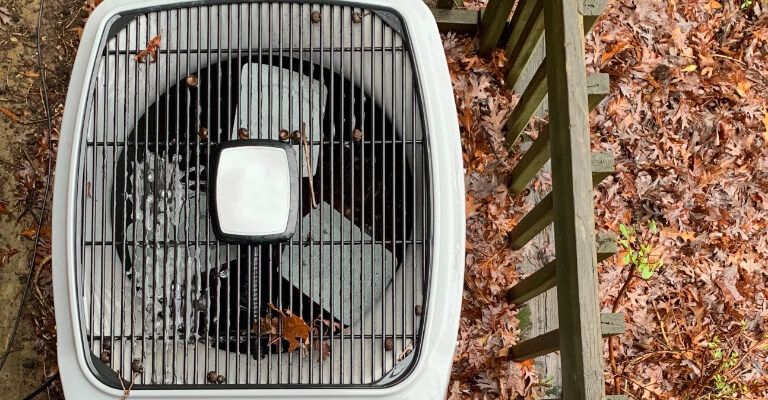
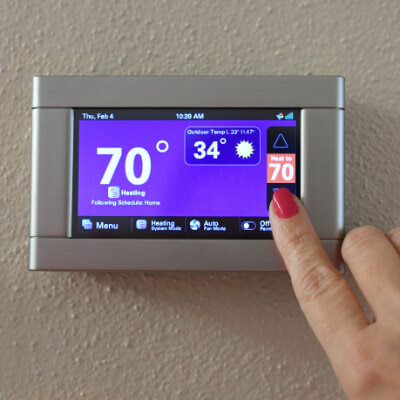 You might be surprised to know that the majority of HVAC safety tips are actually related to maintenance. Regular HVAC maintenance is important all year round, but it becomes even more crucial in the fall as your system will be working overtime to keep your home comfortable. Follow these maintenance tips, and you’ll help ensure that your HVAC system runs safely and efficiently all season long.
You might be surprised to know that the majority of HVAC safety tips are actually related to maintenance. Regular HVAC maintenance is important all year round, but it becomes even more crucial in the fall as your system will be working overtime to keep your home comfortable. Follow these maintenance tips, and you’ll help ensure that your HVAC system runs safely and efficiently all season long.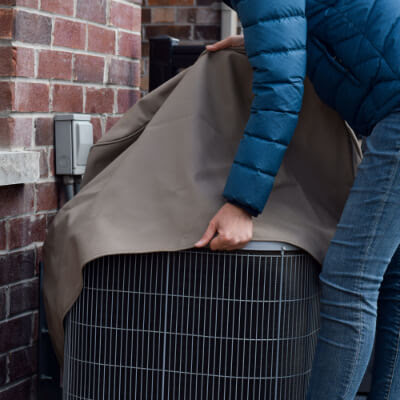 When putting this list together, we wanted to get out ahead of the most common questions we receive about HVAC safety. If you have any additional questions that aren’t answered here, feel free to reach out to our team, and we’ll be happy to help.
When putting this list together, we wanted to get out ahead of the most common questions we receive about HVAC safety. If you have any additional questions that aren’t answered here, feel free to reach out to our team, and we’ll be happy to help.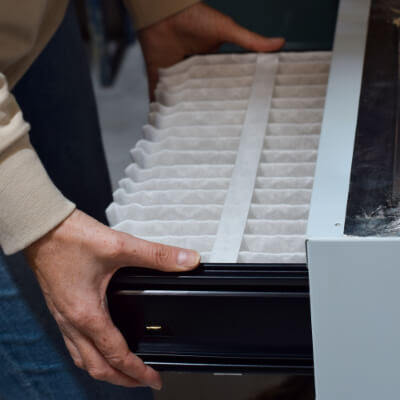 The trained HVAC professionals at Elevated Comfort can help you with all your HVAC needs, including safety tips and maintenance. We offer a comprehensive
The trained HVAC professionals at Elevated Comfort can help you with all your HVAC needs, including safety tips and maintenance. We offer a comprehensive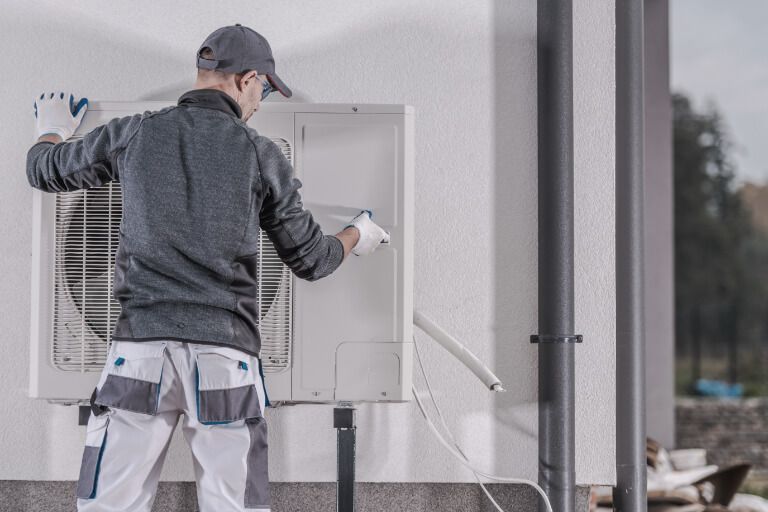
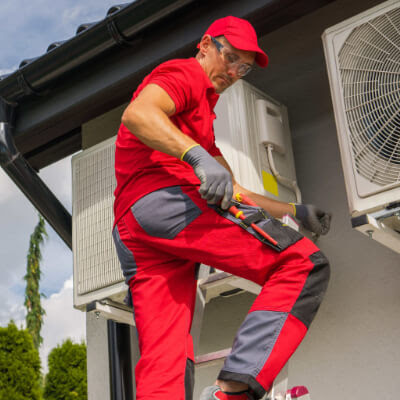 So, what is a heat pump HVAC system? Heat pumps are a type of mechanical-compression cycle refrigeration system. In other words, they move heat from one place to another to heat or cool your home. Heat pumps can be used for heating and cooling, making them a very versatile option. It uses a refrigerant to absorb heat from the air or ground and then pumps it into your home.
So, what is a heat pump HVAC system? Heat pumps are a type of mechanical-compression cycle refrigeration system. In other words, they move heat from one place to another to heat or cool your home. Heat pumps can be used for heating and cooling, making them a very versatile option. It uses a refrigerant to absorb heat from the air or ground and then pumps it into your home.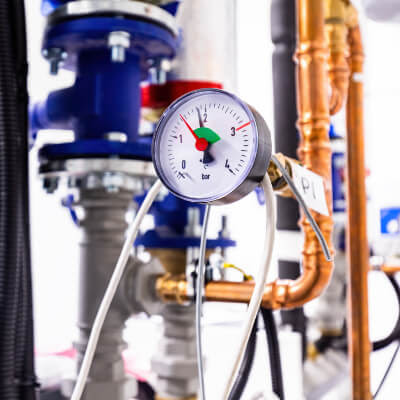 If you’re thinking about getting a heat pump HVAC system installed this fall, there are a few things to keep in mind. First, make sure to choose a reputable company with experience in heat pump installation. Second, be sure to get a system that is the right size for your home. Heat pumps come in a variety of sizes, so it’s important to choose one that will be able to heat and cool your entire home effectively. Finally, make sure to ask any questions you may have about heat pump HVAC systems. A reputable company should be able to answer any questions you have and help you choose the best system for your needs.
If you’re thinking about getting a heat pump HVAC system installed this fall, there are a few things to keep in mind. First, make sure to choose a reputable company with experience in heat pump installation. Second, be sure to get a system that is the right size for your home. Heat pumps come in a variety of sizes, so it’s important to choose one that will be able to heat and cool your entire home effectively. Finally, make sure to ask any questions you may have about heat pump HVAC systems. A reputable company should be able to answer any questions you have and help you choose the best system for your needs.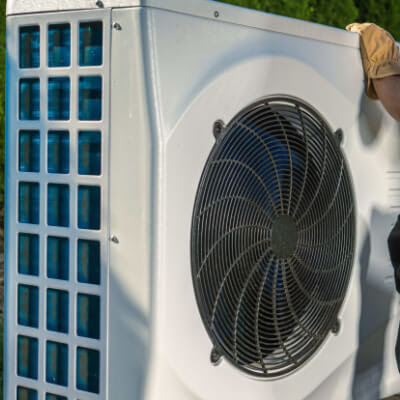 There are a number of differences when comparing the use of a furnace and air conditioning vs heat pump installation. Heat pumps are more efficient than furnaces and air conditioners because they don’t generate heat, they move it. This makes them ideal for use in places with moderate climates like Santa Rosa. Let’s take a closer look at how the dual function of a heat pump stacks up against its more specialized competition
There are a number of differences when comparing the use of a furnace and air conditioning vs heat pump installation. Heat pumps are more efficient than furnaces and air conditioners because they don’t generate heat, they move it. This makes them ideal for use in places with moderate climates like Santa Rosa. Let’s take a closer look at how the dual function of a heat pump stacks up against its more specialized competition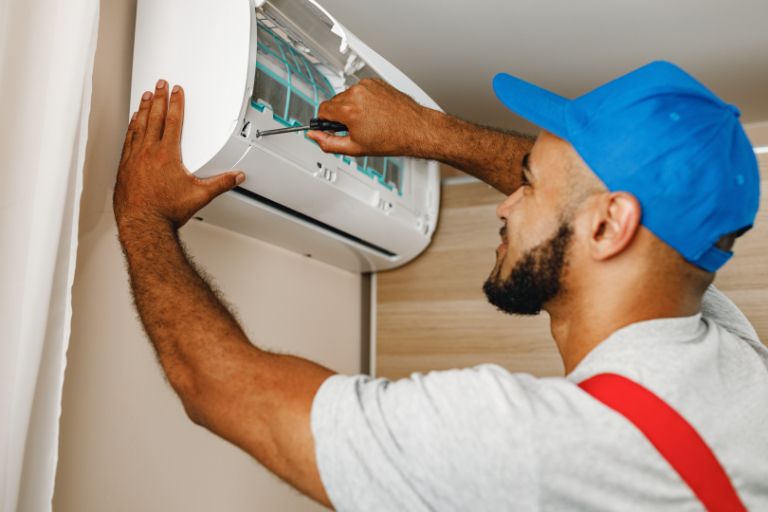
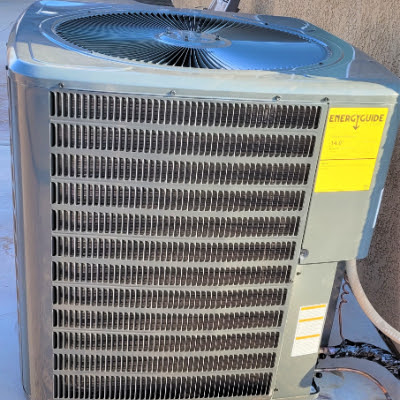 However, there are many benefits to AC replacement that make it worth considering this fall. Call a qualified AC replacement expert like Elevated Comfort for a system evaluation and estimate before you buy. Here are five reasons to replace your air conditioner this fall:
However, there are many benefits to AC replacement that make it worth considering this fall. Call a qualified AC replacement expert like Elevated Comfort for a system evaluation and estimate before you buy. Here are five reasons to replace your air conditioner this fall: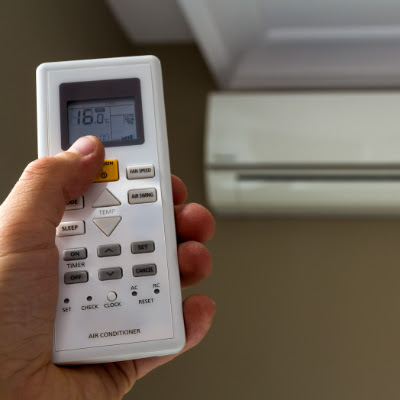 When you purchase a new air conditioner from Elevated Comfort, you can be sure that you’re getting a quality product with a warranty to match. With our new units, you know that your new AC will keep you cool all summer long – and if something goes wrong, we’ll be there to help.
When you purchase a new air conditioner from Elevated Comfort, you can be sure that you’re getting a quality product with a warranty to match. With our new units, you know that your new AC will keep you cool all summer long – and if something goes wrong, we’ll be there to help.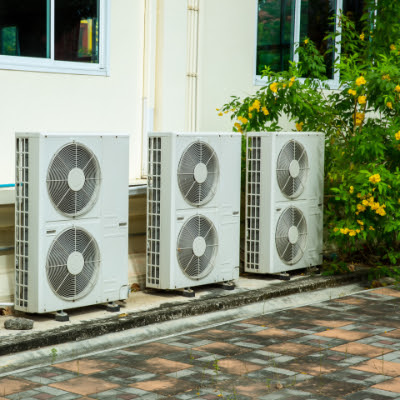 Are you in the market for a new AC unit? If so, consider Elevated Comfort. We offer a wide selection of high-quality AC units, and our experts can help you choose the perfect one for your home. We also offer some of the best deals around, so you can be sure you’re getting the best value for your money.
Are you in the market for a new AC unit? If so, consider Elevated Comfort. We offer a wide selection of high-quality AC units, and our experts can help you choose the perfect one for your home. We also offer some of the best deals around, so you can be sure you’re getting the best value for your money.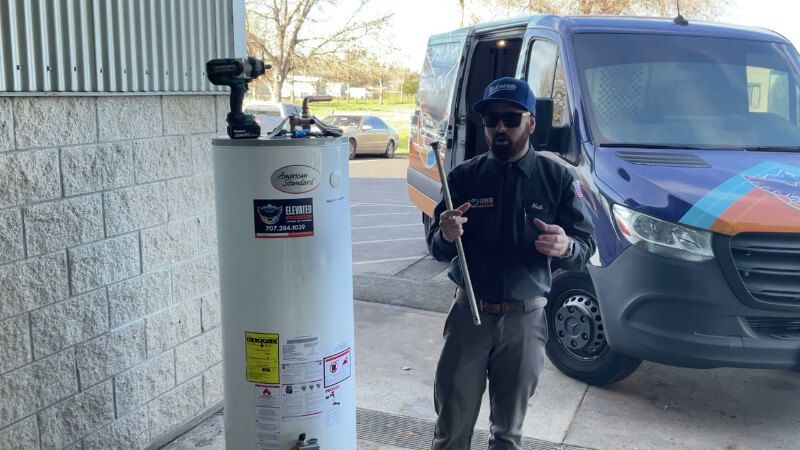


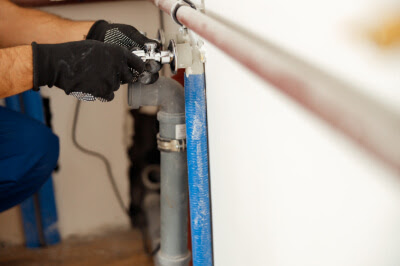 At Elevated Comfort, we know that to err is human and to know is divine. That’s why our free second opinion HVAC diagnosis offer is so important to us. Many people consider that a less-than-reputable contractor could oversell their services, and they check reviews to take precautions. Unfortunately, many reputable HVAC companies employ trustworthy professionals who may still misdiagnose HVAC and plumbing issues. Everyone needs a second pair of eyes at some point, and an innocent mistake could still leave the customer with a hefty bill for the wrong fix.
At Elevated Comfort, we know that to err is human and to know is divine. That’s why our free second opinion HVAC diagnosis offer is so important to us. Many people consider that a less-than-reputable contractor could oversell their services, and they check reviews to take precautions. Unfortunately, many reputable HVAC companies employ trustworthy professionals who may still misdiagnose HVAC and plumbing issues. Everyone needs a second pair of eyes at some point, and an innocent mistake could still leave the customer with a hefty bill for the wrong fix.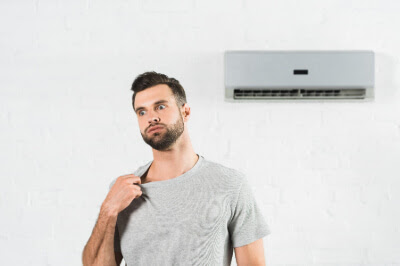 HVAC repairs and replacements can get quickly become
HVAC repairs and replacements can get quickly become 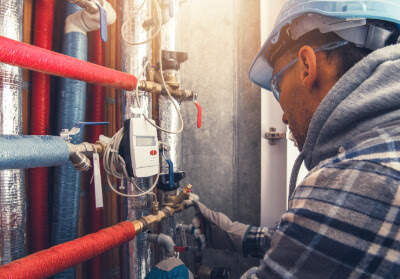 Elevated Comfort is a Sonoma County-based HVAC company that has been servicing Northern California for over twenty years. We are happy to offer our customers a free second opinion on their HVAC repairs and replacements, so you can be confident you’re getting the service you need at a fair price.
Elevated Comfort is a Sonoma County-based HVAC company that has been servicing Northern California for over twenty years. We are happy to offer our customers a free second opinion on their HVAC repairs and replacements, so you can be confident you’re getting the service you need at a fair price.
